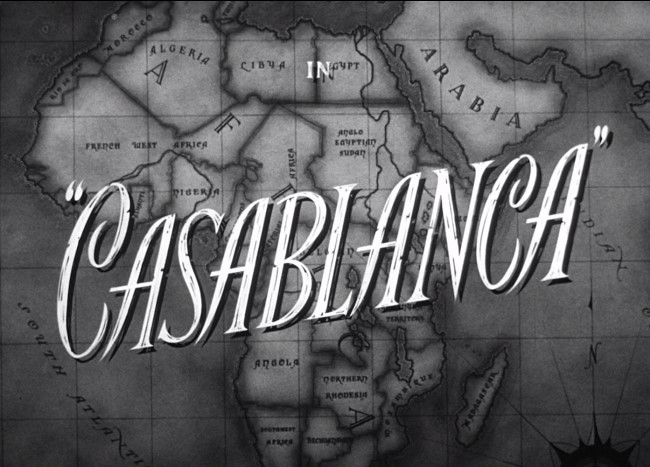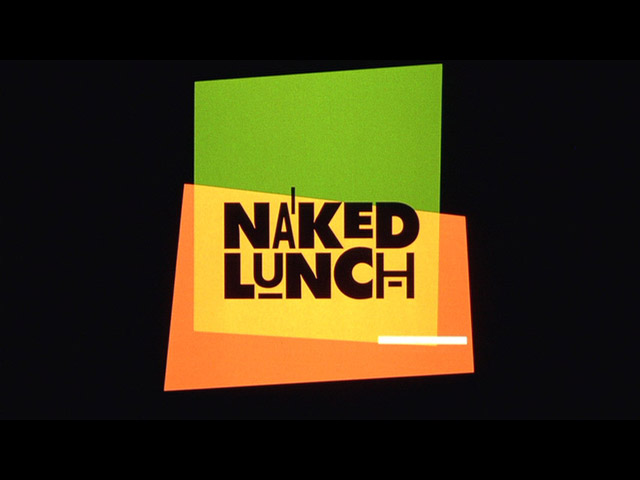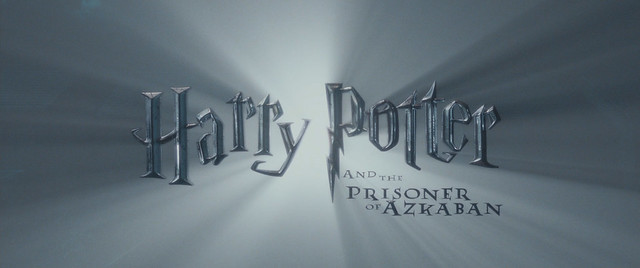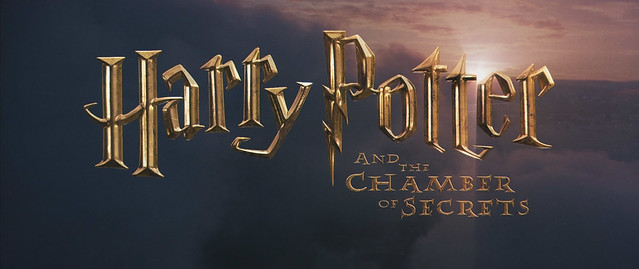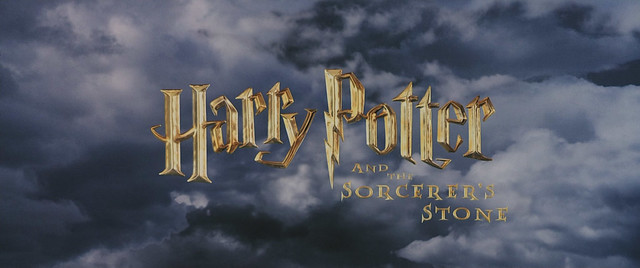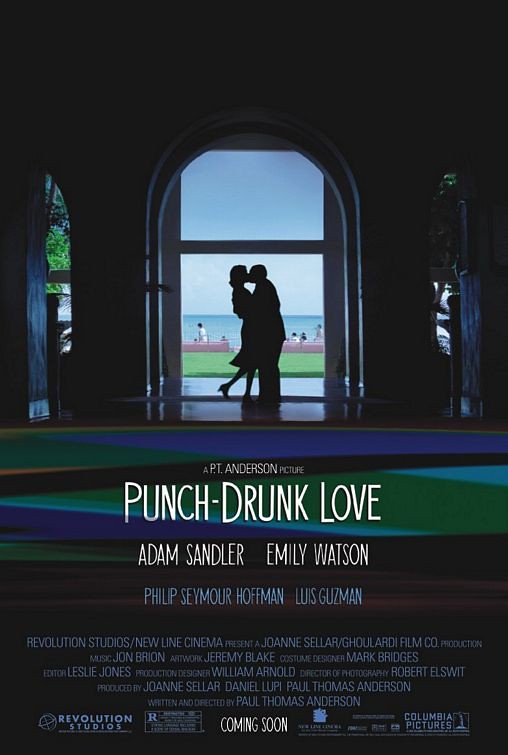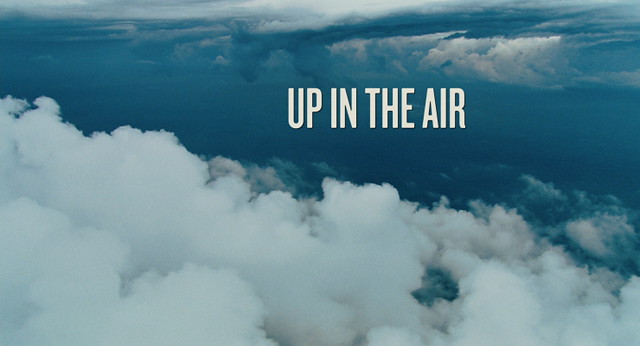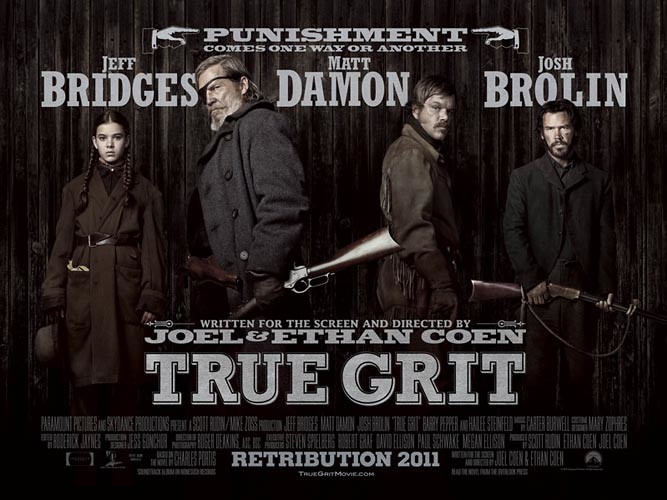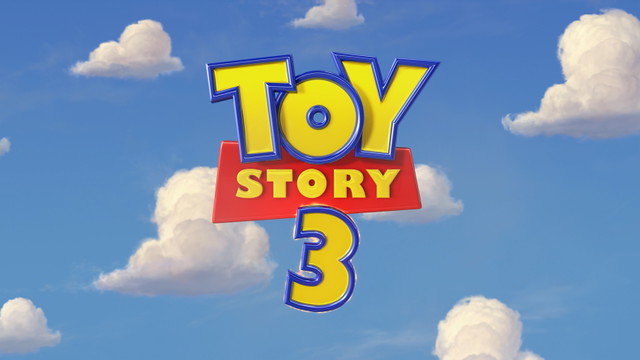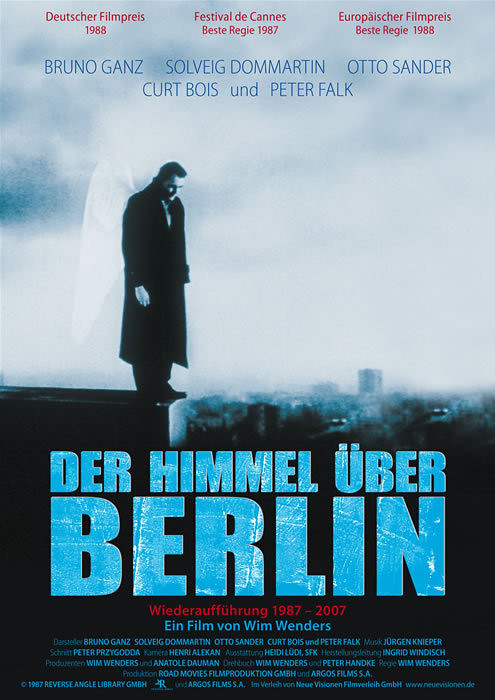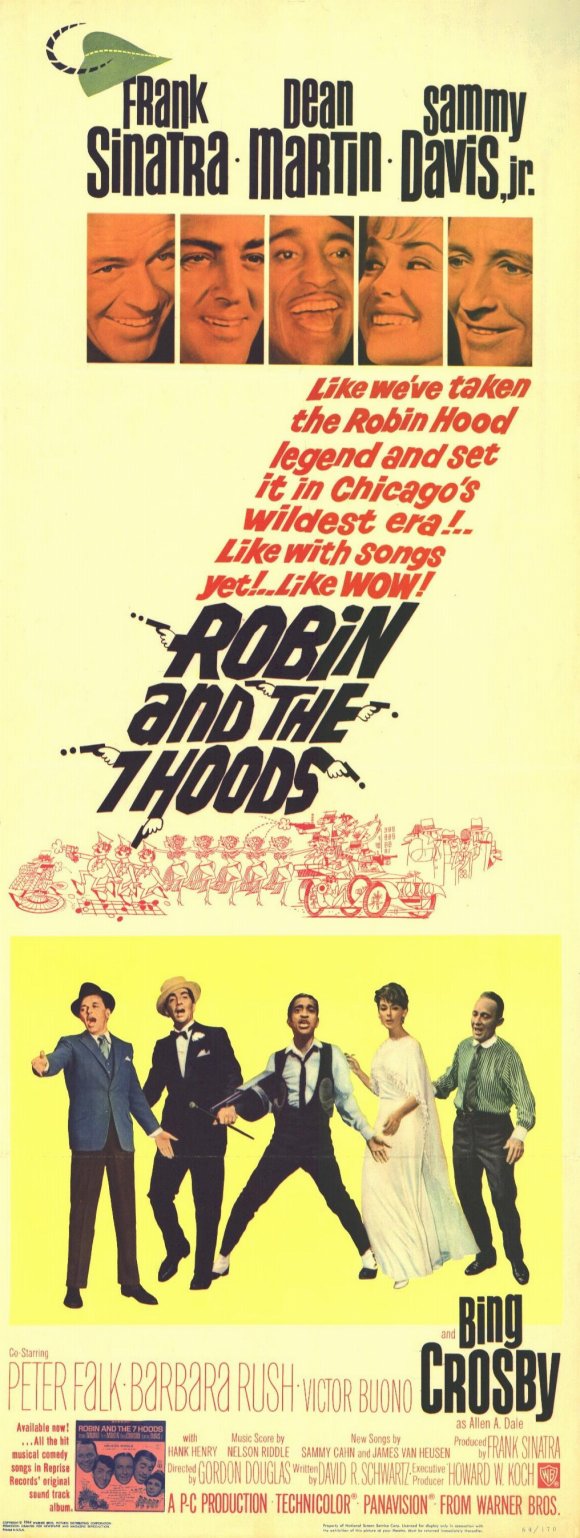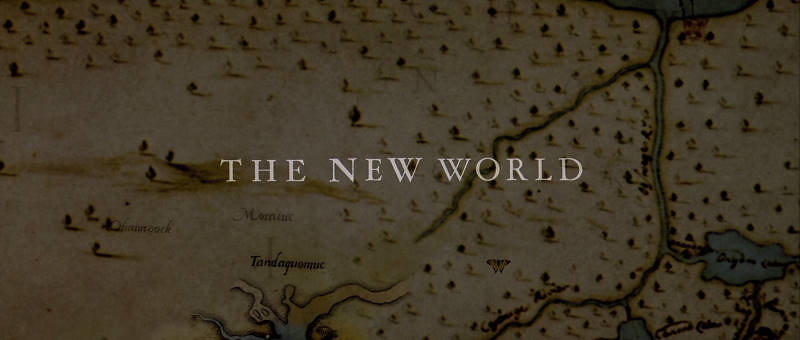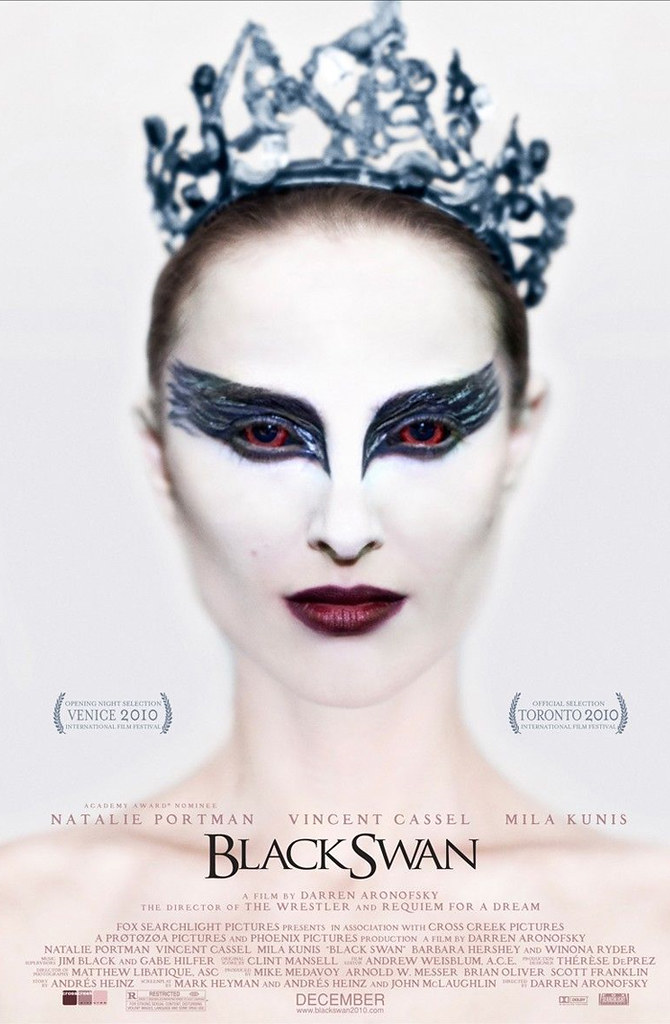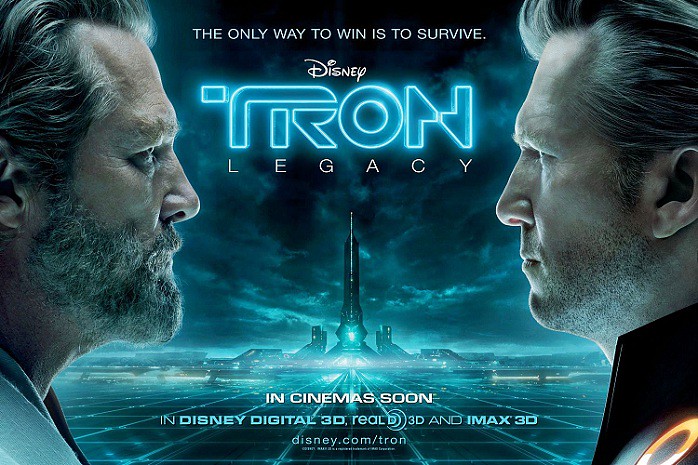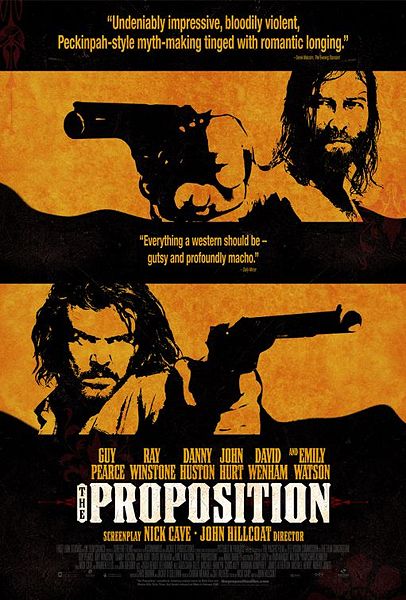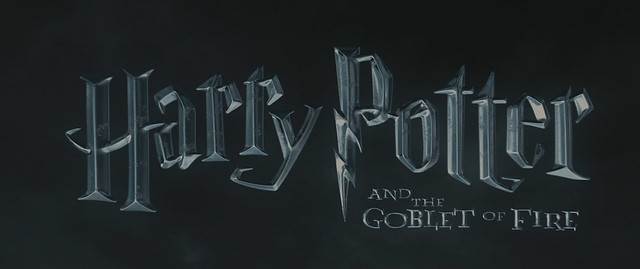
Well, I have to say, you have no idea how nice it is to skip the whole muggle/Dursley thing and just get into the story. If for nothing else than that this one felt a little more palatable. Actually, this one almost seemed to launch too quickly into the action and exposition, but considering we've got over two hours of wizarding teenagers to sit through, it's hard to complain too much about that.
A lot of heated debate has cropped up in the wake of me watching these films so critically, which is maybe not so surprising. A lot of this tends to just be about telling me to lighten up and enjoy a simple kid's story without tearing everything apart and raining on the fun -- which, to put it bluntly, I respectfully reject, because you can learn a lot by applying criticism to pieces that don't immediately demand or warrant it, and frankly if it can't hold up to a little scrutiny then it's not for me anyway. Scrutiny and looking into the layers of a thing is how I enjoy a work. It's not like I'm complaining that the world of Harry Potter isn't believable or is too childish; I believe I've done my best to take the work as it stands and look at what it aims to be versus what it is, and I've tried only to judge it accordingly -- or at least I try to own up to moments of personal taste.
Anyway, the specific thing that keeps sparking debate is my claim that Rowling wasn't overly imaginative when constructing the architecture and rules of her world. Magic here is too literal, too direct and plain, too banal. I have quipped that Quidditch could only have been invented by a muggle. I have also quipped that the lady who wrote these stories about wizards has never even seen the inside of a Player's Handbook, let alone partook in a little role-playing in her day (or any other pastime that might give her insight into what being a spellcaster in a historied world of spellcasters might be like). Glib as they may be, I stand by these claims. In fact, especially considering how very Anglocentric the whole Harry Potter universe is, and how much magic and magick exists in the vast pagan-filled history of England, and considering works of fantasy by Alan Moore, Neil Gaiman, and Chia Miéville, it becomes all the more egregious how much wasted potential there is here. Imagine for a moment the Harry Potter series as written by Neil Gaiman or Alan Moore and maybe you'll see what I'm saying here. The same basic, simple hero's-quest storytelling but with a stronger sense of history, a more applied and inventive use of magic, and a more consistent use of character and archetype. It's not that Rowling and the filmmakers owe us this, exactly, but to not try for these things shows a lack of ambition, imagination, and initiative, and does not speak of a "great writer." But I'm beating a dead horse here, and so let's move on.
This comes up tonight because my one off-the-cuff idea from the last writeup about magically compressing large structures into smaller ones actually comes up here -- for all of a single shot, in the first ten minutes, showing the inside of a tent as something like a massive and comfortable blanket-strewn Turkish palace. Only here, instead of applying this concept to any storytelling, it appears as a sight-gag, there long enough for (a now awkwardly teenage-looking) Harry to remark, "I love magic!" before we move on with a story that looks like it has more to do with the world's various passions for football (combining the American pigskin-football arenas and budgets with the world's round-ball "soccer" passion and fandom) than it has to do with the concept of wizards or school or character growth. Okay, okay, I digress a second time... yeah, I hate Quidditch, but I'm talking about magic and its application: and here, with this Tardis-like tent, we see another overly literal, unapplied usage of magic.
As to the story itself: well, it's a bit frustrating, since most of the story is about something called the Triwizard Tournament. I have no idea how often it runs, but every once in a while three and only three (or four if your name rhymes with Barry Botter) kids get to compete in what we are told is a brutally dangerous literally life-or-death triathlon of dragon besting, merfolk wrestling, and hedge-maze completing. We are assured that people die doing this, though nobody does (the one casualty is unrelated). We are told it's highly competitive, though in two out of three competitions Harry ignores these rules and plays cooperatively -- and is mysteriously rewarded for such behavior. (But okay, so sports in the wizard realms are far more utopian than in the muggle world; can't fault them for that.) We are told the only prize is "eternal glory," which everyone seems to be taking literally without expecting it to mean literally anything. And we are told that the "contract is magically binding," so there is nothing to be done when Harry's name is slipped in despite it breaking very nearly every rule of the contest (there's an age limit, for one, and it's called the TRIwizard Tournament, for another). Anyway, almost no time is spent at the school learning spells and potions and such, unlike in previous installments (though there is time to introduce a new DOTDA prof, make him incalculably crucial to the plot, tie him into the overarching Voldemort narrative, and then eliminate him from the position by the end, so the apple hasn't fallen too far here). Instead 90% of the story is devoted to the Tournament, and to Harry falling out with Ron (over what it's never clear, but considering they're now 14 year old boys I wasn't too concerned), and to Ron and Hermione wanting each other in what must be the least-demanded most-squick-inducing case of ongoing series shipping since Jabba licked Leia. Oh, and to wizard prom.
One complaint I have that isn't limited to Rowling's world or teen wizards or anything of the sort is, I have a really hard time watching the cheap and artificial attempts of film and TV to depict the hormone-infused chaos and confusion of being a teenager without getting their hands messy. The self-doubt and relationship changes that occur in movies and TV are embarrassingly easy to cope with and clean up after, there's very little anger that can't be soothed out with a couple of words and a hug or two, and sex never even enters into it. It's ghastly the way they depict by-rote scenes of what they call "teens being teens," and -- well, I hate to harp on it, and I know I just said this isn't limited to Harry Potter, and it isn't, but -- the truth is, this looks to me like one more case of the artists being lazy with their material. They have to show "teens being teens," and here they did the bare minimum. Harry and Ron fight, but the reasons are too light (Harry's name being picked by the Goblet) and the solution far too simple (Ron decides Harry didn't put his own name in the Goblet, apparently?). Harry is a little more prickish, but only a little, and it only comes out when he's not busy being pawn or hero. Hermione and Ron have a falling out, but everybody (especially Hermione) is suspiciously honest and expository with their deepest, most vulnerable inner feelings, and so by the end of the movie that's taken care of, too. The one thing being a puberty-stricken teenager isn't is clean and tidy, but here just like all lazily crafted stories about cardboard teenagers, everything wraps up with a neat bow.
And then there's that other 10%, which is Harry's dreams and Harry being lured (suffice it to say through a scheme so convoluted as to make a Bond villain blanche) into a magical cemetery for a ritual to bring Voldemort back and finally give us a chance to cast Ralph Fiennes as the grand villain. (A side note: Goblet of Fire stars Fiennes, Brendan Gleeson, and Clémence Poésy, which makes three of the four main actors from a favorite recent film of mine, In Bruges, which was surprising and kind of cool.) Fiennes here is good and creepy, but it's basically just a teaser "first battle" with an appropriately video gamey "miracle" escape, setting us up for future terrors. That's okay, it's a decent introduction of the archvillain, though I'm a bit confused about how Peter Pettigrew went from supplicant captive at the end of Prisoner to the sycophantic Igor with the suspiciously familiar sounding name of Wormtail, but it doesn't seem worth splitting hairs over. In retrospect, I assume he was just lying to Black and Lupine, and he really was the eager betrayer all along, not just a victim of persuasion. Anyway, it all happens very fast, which is probably good, and plays out as creepy, but since you're never worried if something is going to happen to Harry it's not too scary. Plus, the other kid present, Cedric, dies so quickly there's nothing left to do but deliver the information packets (Voldemort returns, noseless and bald; Wormtail steals Harry's blood; Lucius Malfoy and the seniors Crabbe and Goyle are all "Death Eaters"), put up a bit of a fight, drop some ghostiness on us, and get Harry back in time to deliver the bad news to the guys who, really, should have known all along.
Oh, right, and "Mad Eye" Moody wasn't really himself at all, but was in fact Dr. Who (I'm kidding, but it was David Tennant, playing a villain with a name embarrassing even by Harry Potter standards: Barty Crouch, Jr.). There were plenty of clues throughout about the polyjuice potion (which, if you paid attention to Chamber of Secrets, or you have a girlfriend willing to drop hints for you, you'll remember is the shapeshifting serum), but there was never any call to suspect Moody was anything other than who he said to be because we've never met him before, and that struck me as a little weak. It makes the reveal of him a touch more non sequitur than it should be, which as I've said before is the difference between a really good late-game twist and plain old deus ex machina. You don't want it telegraphed, but if there's no reason to suspect (other than the story's unending pattern of using DOTDA professors as plot devices) then it's a suckerpunch, and unsatisfying. Or maybe I missed clues. Always possible.
Anyway, I suppose I'd rank this one about equal to Prisoner of Azkaban, in that it had less misery than Prisoner (almost no Quidditch, zero Dursleys) but also less interesting characters or advances in plot than Prisoner. Nice dark stormclouds brewing, though.
Ready for number five, about which I know pleasantly nothing.

